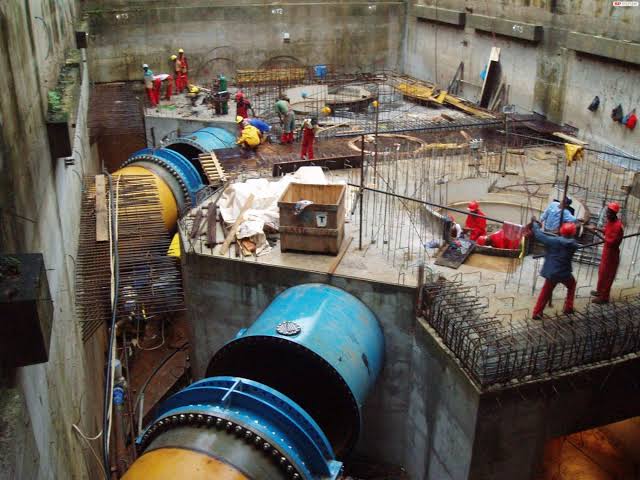
Burundi has formally commissioned the Jiji Hydroelectric Power Plant, marking a significant leap forward in the country’s bid to harness renewable energy and improve electricity access nationwide.
The run-of-the-river facility, located on the Jiji River in Bururi Province, has been brought online after reaching near full completion earlier this year. Featuring a 434-meter water head, the plant boasts a generation capacity of 32.5 MW, delivering low-cost power at approximately $0.10 per kilowatt-hour substantially undercutting diesel-generated alternatives.
Part of a twin-project alongside the 16.5 MW Mulembwe plant, Jiji contributes to a combined capacity of nearly 49.5 MW—almost doubling Burundi’s installed electricity. The development was co-financed by an international consortium, including the World Bank, African Development Bank, European Investment Bank, European Union, and Burundi’s government.
National utility REGIDESO reported that civil construction finished in late March, with commissioning tests finalized by April 30. The official handover ceremony featured government ministers and project engineers, marking a milestone in expanding grid infrastructure and stabilizing power supply amid frequent outages.
This commissioning is expected to benefit up to 120,000 homes and significantly reduce dependency on costly diesel generators. The expanded energy output also provides a foundation for industrial growth, improved service delivery, and rural electrification critical components of Burundi’s development strategy.
Attention now shifts to the second site: the Mulembwe plant, with commissioning work expected to conclude by June 2025. Once fully operational, the two plants will feed into a strengthened 110 kV transmission network, linking to major hubs such as Bujumbura and Bururi and reinforcing grid reliability.
Burundi’s Minister of Energy hailed the milestone as a transformative step toward energy independence, while economic analysts warned that sustaining power supply will hinge on upgrading transmission lines, reducing technical losses, and investing in ongoing infrastructure upgrades.
The Jiji plant inauguration underscores Burundi’s resolve to increase electricity access currently below 10% through clean energy projects, heralding a new era in the country’s energy landscape.

